Keywords: Criminal Responsibility
-
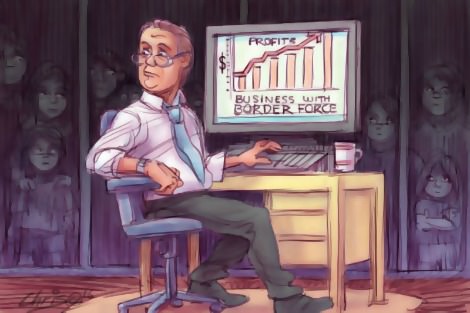
AUSTRALIA
- Rod Grant
- 18 November 2016
18 Comments
Having a sense of something as right or wrong, good or bad, is the essence of humanity. We get it from home, from education, religion, friends, the media. It's the sniff test or the pub test or the gut feeling or the Bible or Quran or Torah. We all have it. And just as people have a sense of right and wrong, we also have a very good humbug detector, and it's clanging loudly when politicians unctuously claim all their 'stop the boats' strategies are driven by desire to prevent drownings at sea.
READ MORE 
-

AUSTRALIA
- Frank Brennan
- 13 October 2016
2 Comments
With idealism and pragmatism, I invite you criminal lawyers in the next 30 years to imagine and enact a better criminal justice system which alleviates rather than exacerbates the devastating effects of colonisation and marginalisation on Indigenous Peoples, and most particularly their children. An intelligently designed criminal justice system must help secure the foothold of Indigenous children in both the Market and the Dreaming.
READ MORE
-
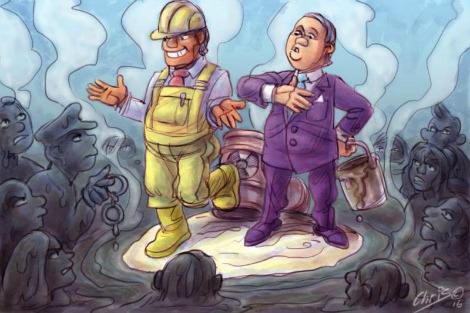
ENVIRONMENT
- Bronwyn Lay
- 23 September 2016
3 Comments
Last year I sat in the offices of one of the judges of the International Criminal Court as we spoke about the possibility of ecocide law becoming an international crime against humanity. An international law against ecocide at its simplest is the criminalisation of mass destruction of the environment due to human action. At that time I heard that the obstacles were not legal, but political. Last week the ICC announced it may hold corporate executives and governments legally responsible for environmental crimes.
READ MORE 
-
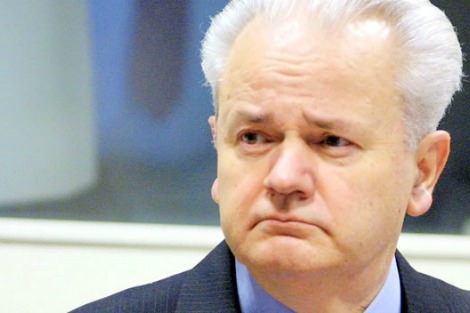
INTERNATIONAL
- Binoy Kampmark
- 30 August 2016
8 Comments
In the savage wars of the Balkans during the 1990s, the identification of good sides over bad meant evil had to be singularised, culprits found to galvanise resistance. One such figure was Serbian president Slobodan Milosevic. His death in a Hague cell in March 2006 had the effect of suspending arguments about responsibility from any legal scrutiny. Earlier this month, British journalist Neil Clark suggested he had in fact been exonerated for his role in war crimes and crimes against humanity. He's wrong.
READ MORE 
-

AUSTRALIA
- Julie Kimber
- 27 July 2016
13 Comments
The 4 Corners report into the treatment of children in a NT juvenile justice facility is a stark and grotesque demonstration of state abuse of power. As a result John Elferink, NT Corrections Minister, has been sacked, and the Prime Minister has announced a royal commission into the actions at Don Dale. This is a good start, but there is much more to be done. We need to question a culture that willingly imprisons the most vulnerable, and puts up with a system where not all are equal before the law.
READ MORE 
-
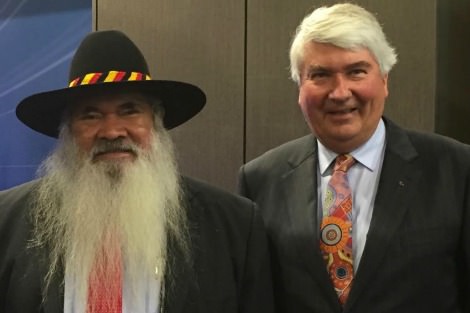
AUSTRALIA
- Frank Brennan
- 15 April 2016
21 Comments
The royal commission into Aboriginal deaths in custody, which signed off on its final reports 25 years ago this Friday, definitely improved the systems for supervision of persons in detention, reducing the risk of deaths in custody. It also led to better coronial procedures. But it failed to reverse Indigenous imprisonment rates and it did little to counter the underlying causes of Indigenous imprisonment. Back then, Patrick Dodson saw police as the main problem. Now, he thinks it's the legislators.
READ MORE 
-
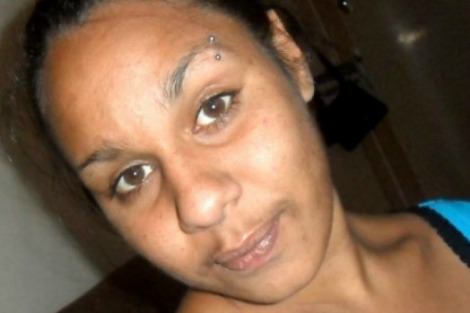
AUSTRALIA
- Kate Galloway
- 30 March 2016
6 Comments
Around half of Indigenous prisoners in Roebourne Regional Prison are there on driving offences. Many Indigenous Australians do not have birth certificates and therefore cannot get a drivers licence. Yet those who live in remote areas often have no means of transport other than by car. When they are caught driving unlicensed, they receive a fine, and since many are unable to pay, they are consequently are jailed. And as we all know, jail is a particularly risky place for Indigenous Australians.
READ MORE 
-
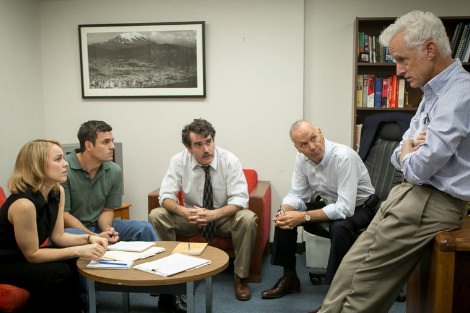
ARTS AND CULTURE
- Richard Leonard
- 28 January 2016
18 Comments
This is one of the angriest films you will ever see. In the Bible we hear about righteous anger, where God or humanity realises something is so wrong and sinful that 'holy anger' is the first and right response. At its best in the scriptures this anger leads to justice, making things right. Spotlight is an occasion for holy, righteous anger and every adult Catholic should see it.
READ MORE 
-
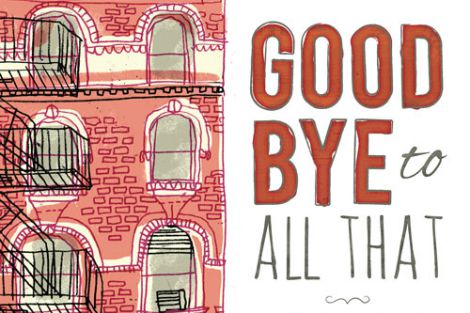
AUSTRALIA
- Ellena Savage
- 15 January 2016
1 Comment
A friend recently died at 25. She was heavily involved in our political and literary communities, and I saw in her the very best of rage and rawness in politics. But I also saw how possessing such a sense of obligation to raw, honest, and emotionally-engaged political exploration, is exhausting. Of course it is. Popular wisdom has it that as you age, you get more 'realistic' about political matters. But that's not it.
READ MORE 
-
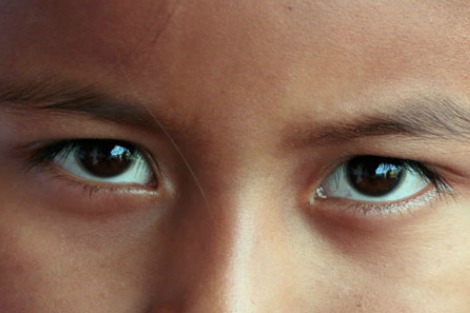
AUSTRALIA
- Andrew Hamilton
- 09 December 2015
11 Comments
Although they can be inconvenient, human rights matter. It is important for nations to recognise them and for citizens to defend them. The survivors of the Second World War who had seen the gross violations of human rights under both Nazi and Communist regimes clearly saw this. These states regarded human rights as a privilege that they could give and take away as they chose. History spells out in the alphabet of gas chambers and gulags what that attitude meant for their subjects.
READ MORE 
-
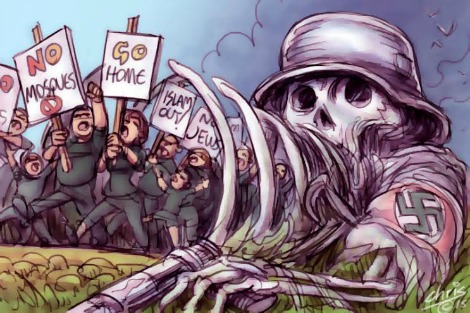
MEDIA
- Jeff Sparrow
- 17 November 2015
15 Comments
In journalism, 'he said, she said' often functions as an evasion. Reporters' loyalty should be to accuracy, which isn't about compromise between extremes. When denialists and climate scientists take diametrically opposed stances, the truth doesn't lie somewhere in the middle. Sometimes, one side's right and the other's just wrong. The same can be said of reporting about the rightwing United Patriots Front. While they deny being fascists, that's what they are, and that's what we should call them.
READ MORE 
-
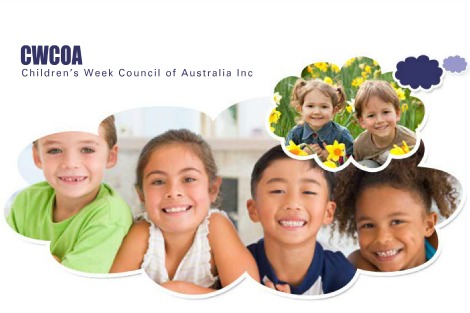
AUSTRALIA
- Andrew Hamilton
- 23 October 2015
4 Comments
A particular issue in Australia is the age of criminal responsibility, which varies in different states between ten and 12. Research into brain development suggests that people cannot fully take responsibility for their actions until they are 15 years old. Responsible policy must respect the human development of the child and ensure that the response to their wrongdoing takes into account their age and does not place them in processes they can neither understand nor properly participate in.
READ MORE 